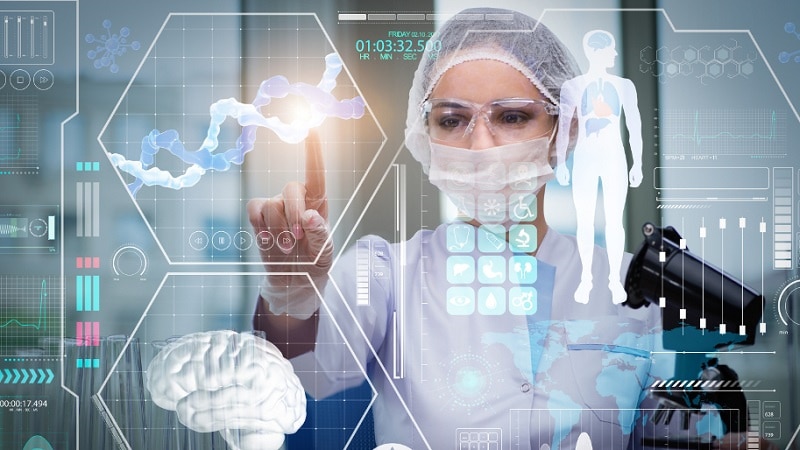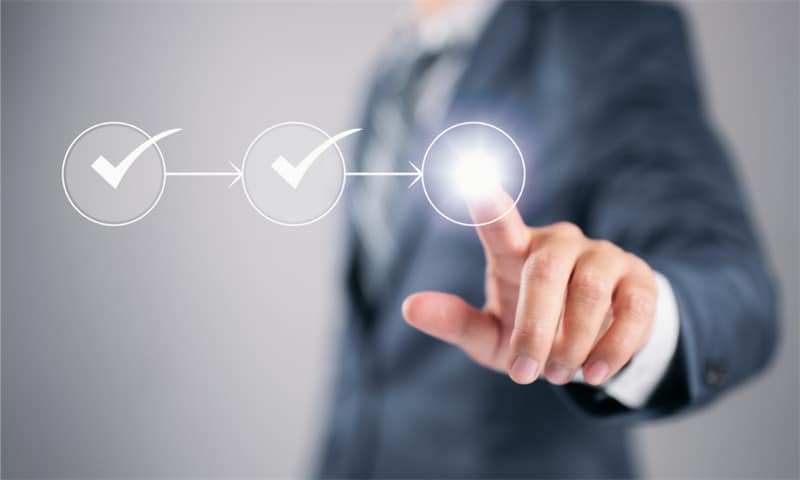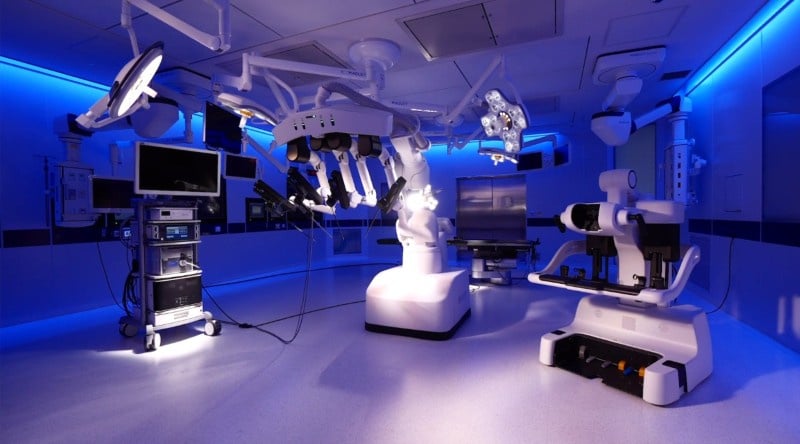
There is no denial of the fact that artificial intelligence (AI) has become extremely popular nowadays. It is basically inputting intelligence into machines that are designed to mimic and reflect human actions. Our lives will be largely impacted as a result of the artificial intelligence technologies which continue to grow with every passing day. Building an AI system isn’t an easy task. You are basically stimulating human traits and intelligence into a machine to make it surpass what humans are capable of doing.
The main and sole purpose of AI is to assist humans by making advanced decisions and to further aid their capabilities. Moreover, the purpose also concentrates on helping us in living a life that is labor-free and assists us in finding solutions to complex problems. Most recently, the purpose of AI is actually shared by all the various sorts of tools, that we, the humans have invented to date, to simplify human efforts to the greatest possible extent.
AI has also been considered the final invention of humans, a mind-blowing creation that would successfully invent different ground-breaking tools that would totally change the way we lead and live our lives. At present, AI is being used by millions of companies from around the world to improve their efficiency, productivity, and minimize human labor. You can learn more about AI and GPT online.
AI possesses the power to transform many different industries in no time. It can transform them with a whole wide range of all possible use cases. All these industries and use cases are data-driven, and since AI is basically a system that processes data efficiently, there is an intensive potential everywhere for optimization.
In this article, we will focus on how the health care industry is suceeding under the influence of AI.
Administration

AI systems these days are efficiently aiding with everyday administrative tasks to maximize efficiency to the greatest possible extent. Also, AI is working towards minimizing human errors which are common to see in everyday living.
The transcriptions of various medical notes through the NLP, and the structuring of the information of the patients has made it a lot easier for the health care professionals to read it.
Helps With Diagnosis
Many people are still unaware of the fact that AI is capable of assisting health care professionals with diagnosis. AI can effectively interpret and read the MRI scans and can check for any possible tumors or other abnormal growths, through computer vision.
The best part here is that it does this task at a much faster pace as compared to radiologists. There is an extremely little margin of error.
Telemedicine
Did you know that you don’t have to book appointments with your doctor for non-emergency situations? All you have to do is to reach out to a health care center’s AI system! The AI system will analyze your signs and symptoms, input all the given information, and come up with an assessment of whether there is a need for medical attention or not.
What this does is, it reduces the workload of our health care team to a significant extent, which means that they only need to attend the crucial cases.
Robot-Assisted Surgery

Who would have imagined that in the modern world, we would be able to do robot-assisted surgery? Perhaps, it wouldn’t even have come into the wildest imagination of anyone! Well, yes, in the modern world, with the help of AI, surprisingly we can do that!
Robot-assisted surgeries have a negligible margin of error in them and that is why their popularity has increased over time. Robots can perform hours of surgery without having the possibility of getting exhausted because after all, they are machines.
These machines have a very high accuracy in performing surgeries, which means that there is a very less chance of making a mistake as compared to humans, which in turn reduces the recovery time that the patients have to spend in the hospitals. Moreover, it lessens the burden and stress on our health care professionals as well.
Monitoring of Vital Stats
These days, hundreds of different wearable devices have now been introduced that measure the changing levels of a person’s vital stats. These wearable devices have gained massive popularity in the market, which continues to increase with every passing day.
With these devices achieving much popularity now, this crucial data isn’t available on tap, just sitting to be effectively analyzed to provide insights that are actionable.
Since we know that the different vital signs are able to predict any health ups and downs long before a certain patient is even aware, which means that Al has brought many life-saving applications into the world. AI’s contributions to the health care sector are countless and worthy of being appraised.










